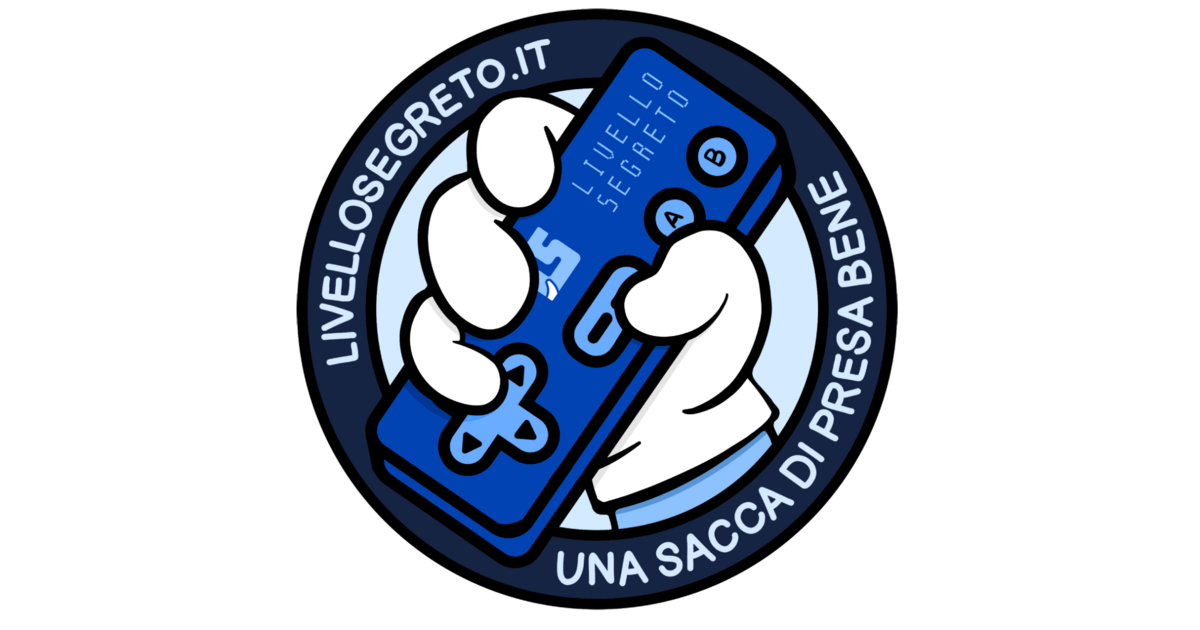multimeric<p>Another new library release: DocStrands lets you re-use segments of your docstrings between functions.</p><p>Copy-pasting docstrings has long frustrated me, so I came up with my own solution!</p><p><a href="https://github.com/multimeric/DocStrands" rel="nofollow noopener noreferrer" translate="no" target="_blank"><span class="invisible">https://</span><span class="ellipsis">github.com/multimeric/DocStran</span><span class="invisible">ds</span></a></p><p><a href="https://genomic.social/tags/python" class="mention hashtag" rel="nofollow noopener noreferrer" target="_blank">#<span>python</span></a> <a href="https://genomic.social/tags/docstring" class="mention hashtag" rel="nofollow noopener noreferrer" target="_blank">#<span>docstring</span></a></p>
Recent searches
No recent searches
Search options
Only available when logged in.
livellosegreto.it is one of the many independent Mastodon servers you can use to participate in the fediverse.

Livello Segreto è il social etico che ha rispetto di te e del tuo tempo.
Administered by:
Server stats:
1.2Kactive users
livellosegreto.it: About · Profiles directory · Privacy policy
Mastodon: About · Get the app · Keyboard shortcuts · View source code · v4.3.7
#docstring
0 posts · 0 participants · 0 posts today
C.<p>With <a href="https://mindly.social/tags/Python" class="mention hashtag" rel="nofollow noopener noreferrer" target="_blank">#<span>Python</span></a> now being "the most popular programming language" (don't get me started...), the <a href="https://mindly.social/tags/Unicode" class="mention hashtag" rel="nofollow noopener noreferrer" target="_blank">#<span>Unicode</span></a> consortium has announced a new <a href="https://mindly.social/tags/codepoint" class="mention hashtag" rel="nofollow noopener noreferrer" target="_blank">#<span>codepoint</span></a> specifically to aid Python <a href="https://mindly.social/tags/developers" class="mention hashtag" rel="nofollow noopener noreferrer" target="_blank">#<span>developers</span></a> and increase efficiency -- both of time, and of storage.</p><p>The next Unicode release will include a codepoint representing triple double quotes, making <a href="https://mindly.social/tags/docstrings" class="mention hashtag" rel="nofollow noopener noreferrer" target="_blank">#<span>docstrings</span></a> much easier.</p><p><a href="https://mindly.social/tags/quotes" class="mention hashtag" rel="nofollow noopener noreferrer" target="_blank">#<span>quotes</span></a> <a href="https://mindly.social/tags/DoubleQuotes" class="mention hashtag" rel="nofollow noopener noreferrer" target="_blank">#<span>DoubleQuotes</span></a> <a href="https://mindly.social/tags/TripleDoubleQuotes" class="mention hashtag" rel="nofollow noopener noreferrer" target="_blank">#<span>TripleDoubleQuotes</span></a> <a href="https://mindly.social/tags/docstring" class="mention hashtag" rel="nofollow noopener noreferrer" target="_blank">#<span>docstring</span></a> <a href="https://mindly.social/tags/syntax" class="mention hashtag" rel="nofollow noopener noreferrer" target="_blank">#<span>syntax</span></a> <a href="https://mindly.social/tags/popularity" class="mention hashtag" rel="nofollow noopener noreferrer" target="_blank">#<span>popularity</span></a></p>
Elod Pal Csirmaz 🏳️🌈<p>Hi I have a simple <a href="https://fosstodon.org/tags/python" class="mention hashtag" rel="nofollow noopener noreferrer" target="_blank">#<span>python</span></a> project on <a href="https://fosstodon.org/tags/github" class="mention hashtag" rel="nofollow noopener noreferrer" target="_blank">#<span>github</span></a>. What's the easiest way to convert <a href="https://fosstodon.org/tags/docstring" class="mention hashtag" rel="nofollow noopener noreferrer" target="_blank">#<span>docstring</span></a> s and type hints to something nice, like static <a href="https://fosstodon.org/tags/markdown" class="mention hashtag" rel="nofollow noopener noreferrer" target="_blank">#<span>markdown</span></a> or <a href="https://fosstodon.org/tags/html" class="mention hashtag" rel="nofollow noopener noreferrer" target="_blank">#<span>html</span></a>? I've been looking into <a href="https://fosstodon.org/tags/mkdocs" class="mention hashtag" rel="nofollow noopener noreferrer" target="_blank">#<span>mkdocs</span></a>, <a href="https://fosstodon.org/tags/mkdocstring" class="mention hashtag" rel="nofollow noopener noreferrer" target="_blank">#<span>mkdocstring</span></a>, <a href="https://fosstodon.org/tags/sphinx" class="mention hashtag" rel="nofollow noopener noreferrer" target="_blank">#<span>sphinx</span></a> and <a href="https://fosstodon.org/tags/readthedocs" class="mention hashtag" rel="nofollow noopener noreferrer" target="_blank">#<span>readthedocs</span></a> but they all seem a bit overkill. Or maybe if you know a great tutorial for one of these tools? Thanks!</p>
SearchLive feeds
Mastodon is the best way to keep up with what's happening.
Follow anyone across the fediverse and see it all in chronological order. No algorithms, ads, or clickbait in sight.
Create accountLoginDrag & drop to upload
